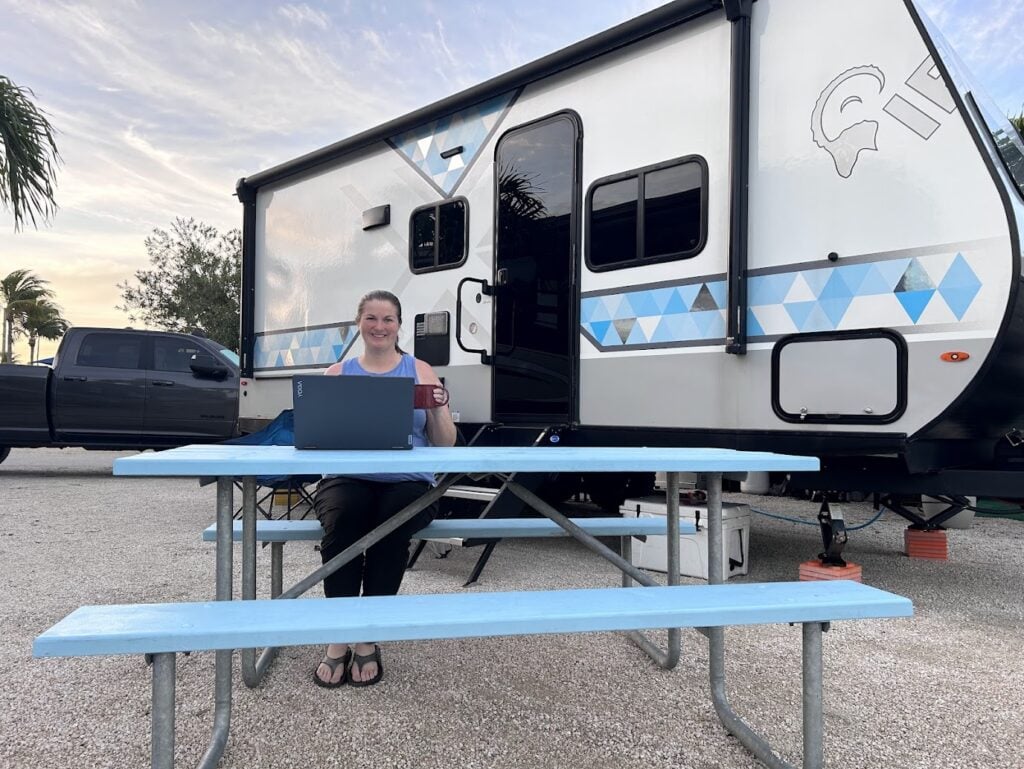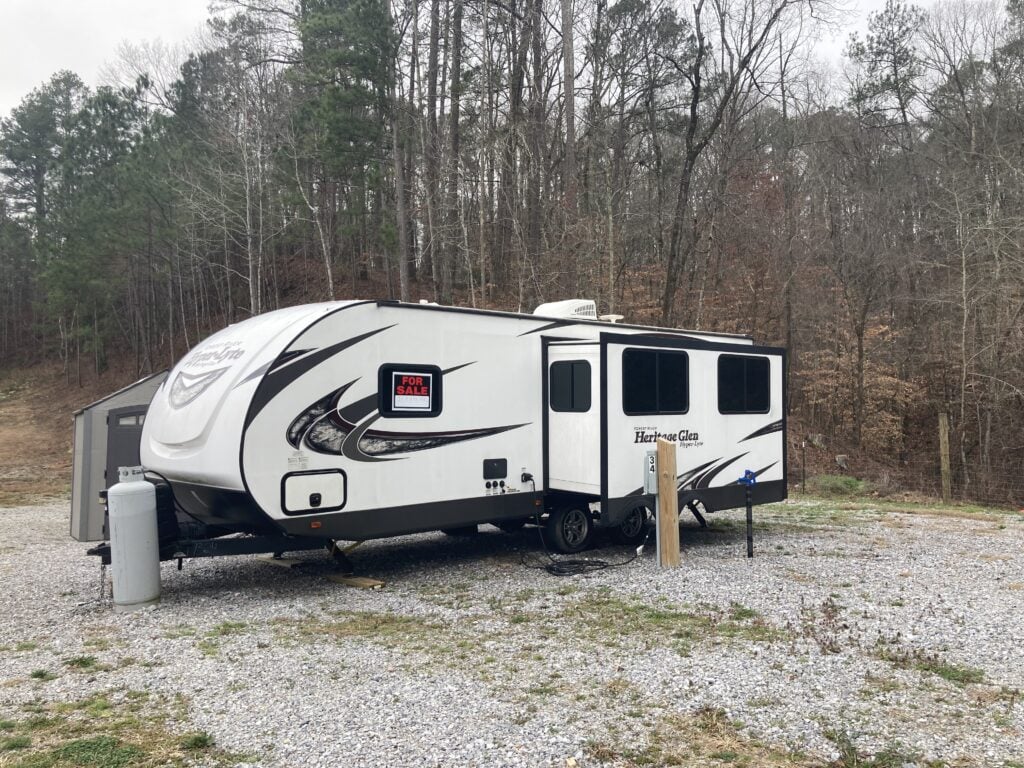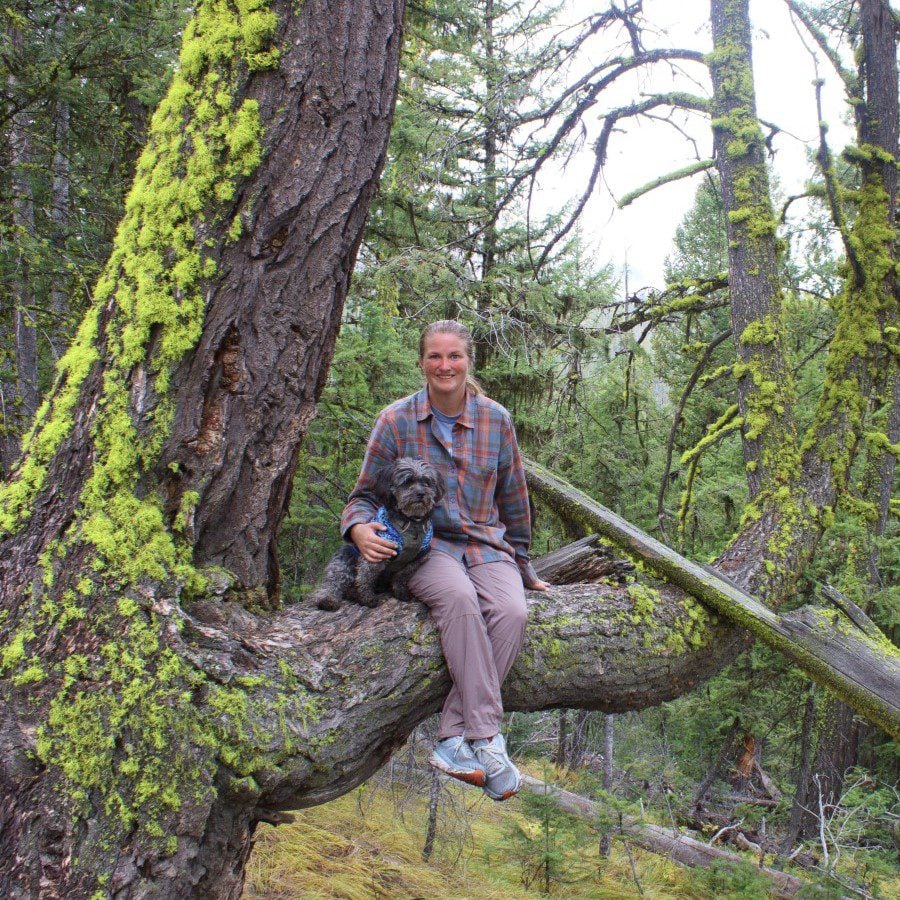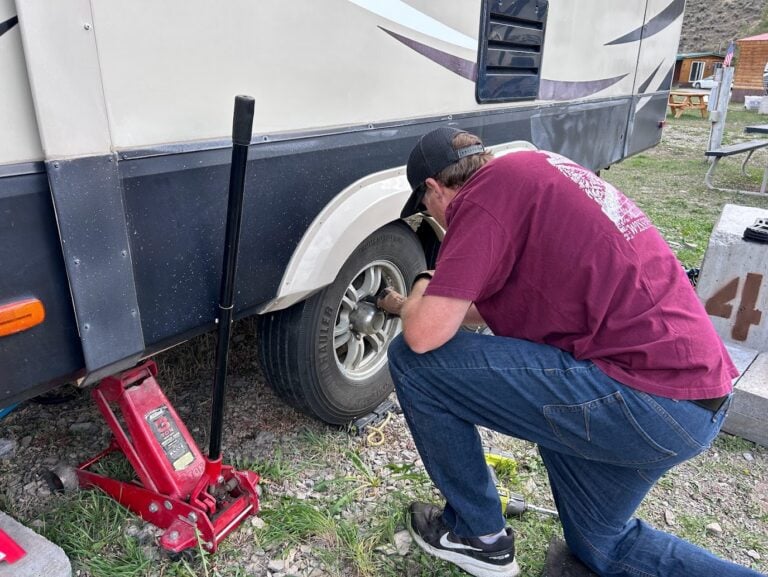This post may contain affiliate links. See our affiliate disclaimer here.
If you have owned an RV long enough, you know that repairs are just part of the lifestyle. Unfortunately, so are the scammers who prey on travelers when things go wrong.
In the past year, reputable RV techs across the country have been warning about a growing repair scam that is costing RV owners thousands. Here is what is happening, how to protect yourself, and a few other scams to watch out for while you are on the road.
Contents
The RV Repair Scam That Is Making the Rounds

We have heard from reputable RV technicians that a new scam is spreading across campgrounds, especially in areas with lots of seasonal and full time RVers.
Here is how it typically works.
A so-called mobile RV tech shows up at a campground offering quick, affordable repairs. They seem friendly and confident, maybe even fix a small issue to earn your trust. Then they diagnose a bigger problem such as a broken water heater or refrigerator board and say it needs a special part.
At that point, they ask you to either order the part yourself or hand over cash so they can “get it faster.” If you place the order, they promise to come back and install it once it arrives. Then they ask for a large payment up front for labor or a “booking fee” to hold your repair spot. As soon as they get the money, they disappear.
When the part arrives a few days later, the fake tech is long gone, the phone number no longer works, and the RV owner is left holding a box and an unpaid repair bill.
These scammers move from campground to campground, taking advantage of travelers who need help quickly and do not have time to check credentials.
How to Avoid Getting Scammed by a Fake RV Tech

You do not have to become a victim. Here is how to protect yourself before handing over your hard-earned cash.
1. Verify certification and credentials
Legitimate RV technicians will have credentials from recognized programs such as the RV Technician Association of America or the Recreational Vehicle Service Academy. Ask to see their certification and confirm it online.
2. Never pay a large deposit up front
It is normal to pay a small service call fee, but no legitimate technician should ask for a large cash deposit before any work begins. A clear invoice and payment due after the job is completed is the standard practice.
3. Ask for business information
A reputable RV repair business will provide a business name, address, phone number, and email. Be cautious if all they offer is a first name and a Venmo handle.
4. Check reviews before hiring
Search their business name on Google or Facebook. Read what other RV owners have said about their services. If you cannot find any trace of them online, that is a red flag.
5. Do not get pressured into a quick decision
If someone insists you must pay now or you will lose your spot, that is a classic high-pressure sales tactic. Take a breath, do your homework, and do not let anyone rush you.
Other Common RV Scams

Sadly, shady repairmen are not the only ones targeting RV owners. Keep an eye out for these other common RV scams.
Fake RV Listings
Scammers post RVs for sale online at prices that seem too good to be true because they are. They often claim to be deployed overseas or selling for a friend and ask for payment through wire transfer or gift cards. The RV does not exist. Always see the rig in person and verify ownership before sending money.
Warranty and Insurance Scams
We have all gotten those calls or emails warning that your RV warranty is about to expire. These companies often use scare tactics to get you to pay for overpriced or fake coverage. Real warranty companies will not cold call you or demand immediate payment.
If you are looking for an extended warranty, we recommend working with our partner Wholesale Warranties.
Bogus Membership Clubs
Beware of websites selling exclusive RV discount memberships or lifetime campground access passes that promise unlimited free camping. Many of these programs are not affiliated with real parks at all. Stick to trusted programs like Harvest Hosts, Passport America, and Thousand Trails.
Fake Campground Booking Sites
Some scammers create convincing fake campground websites complete with photos, rates, and reservation forms. You pay to book and arrive to find there is no record of your stay. To avoid this, always confirm you are on the campground’s official website and call to verify before paying.
The Bottom Line
RVers look out for each other, and that is one of the best parts of this lifestyle. But scammers are getting smarter, and they know that travelers can be easy targets. Take your time, do your research, and always verify who you are dealing with before opening your wallet.
If something feels off, it probably is. Trust your gut and do not be afraid to say no.
Happy Camping!

Christina Pate is a seasoned full-time RVer who, along with her husband Justin, has journeyed across the US, Canada, and Mexico. Drawing from her extensive travels, RV repairs and RV renovations, she founded Travels with Ted to guide and inspire fellow RV enthusiasts. Christina is also the co-author of The Owner’s Guide to RV Maintenance and the creator of My RV Log Book.

